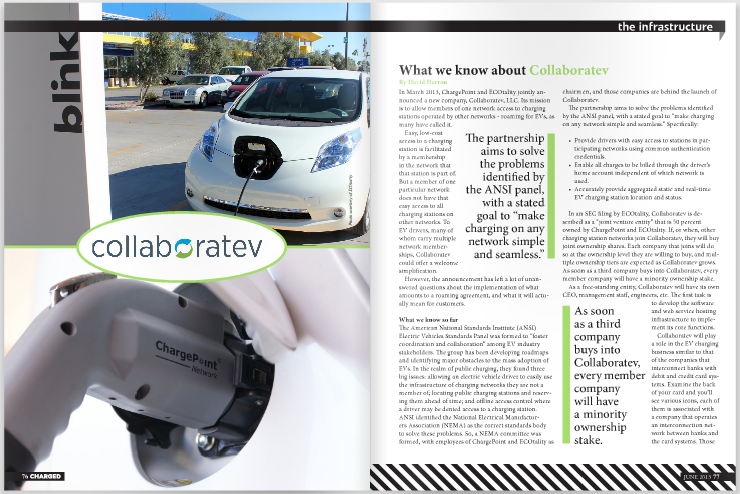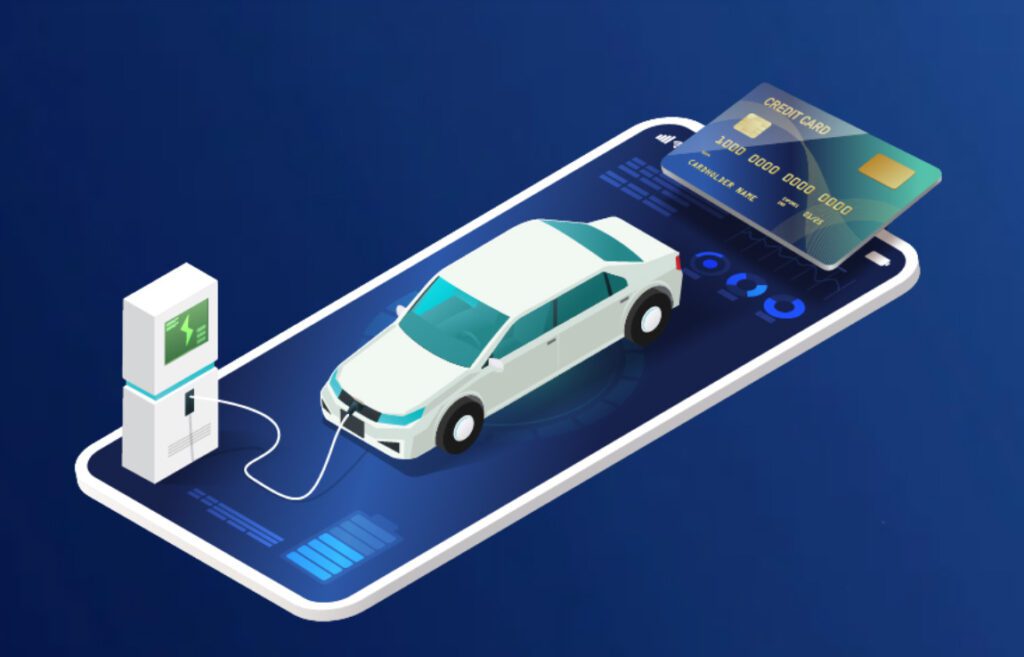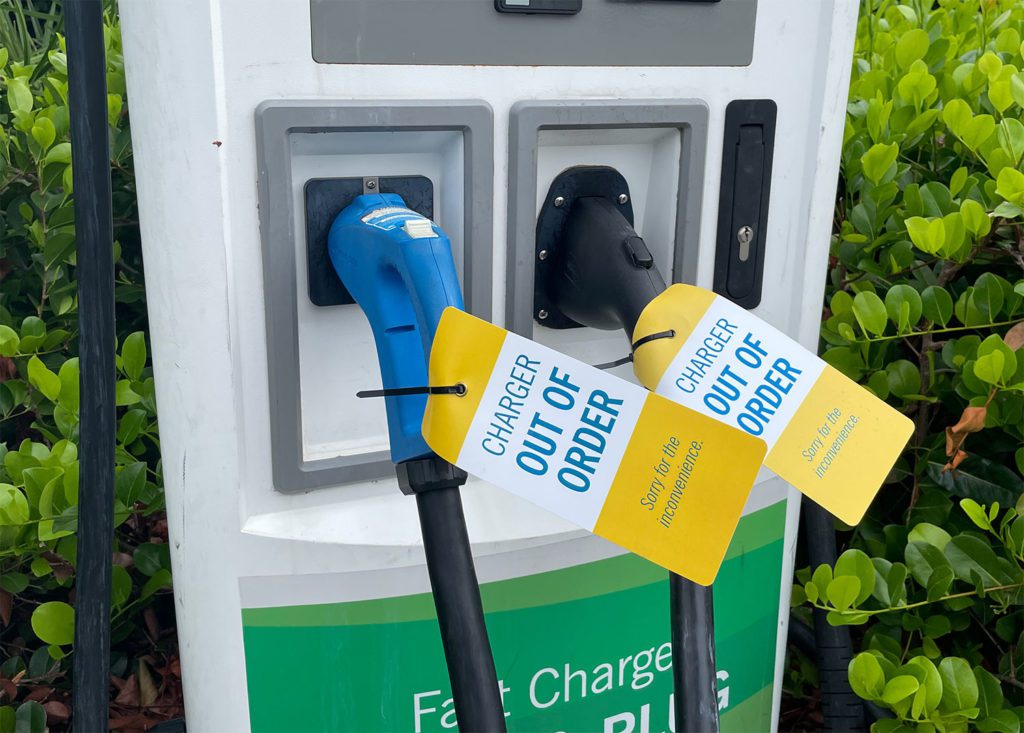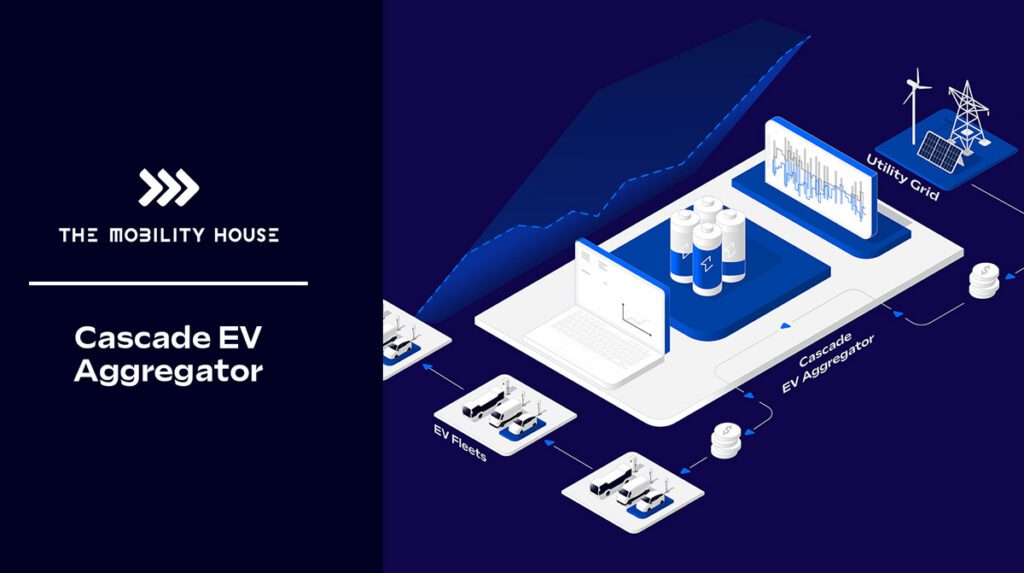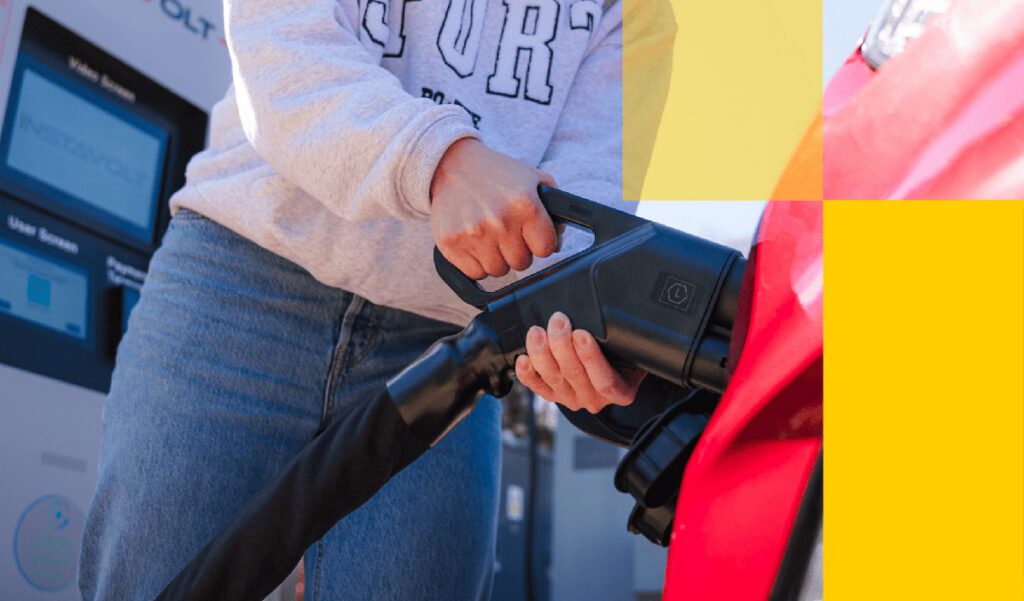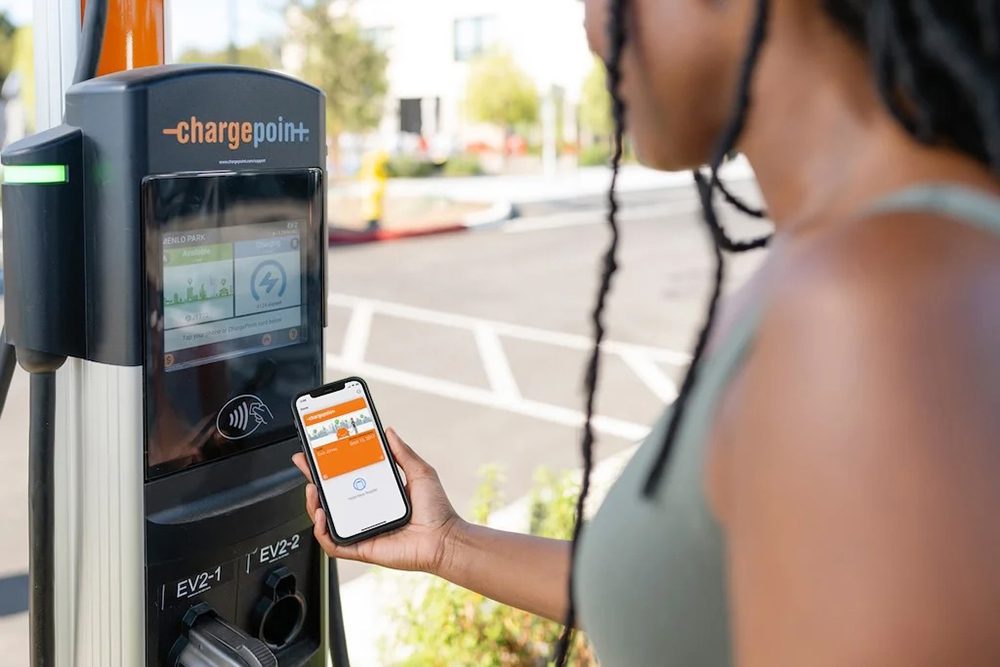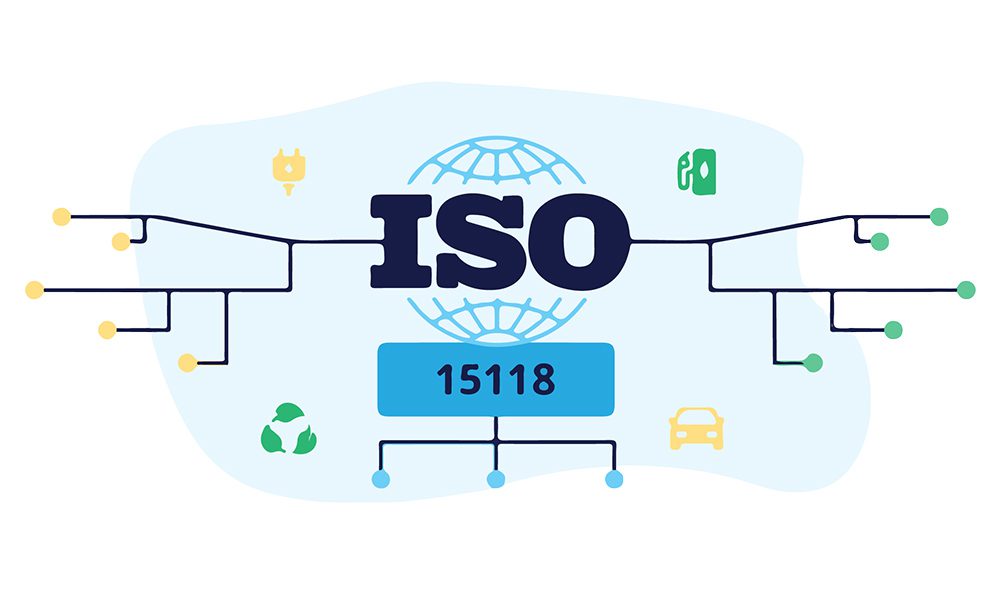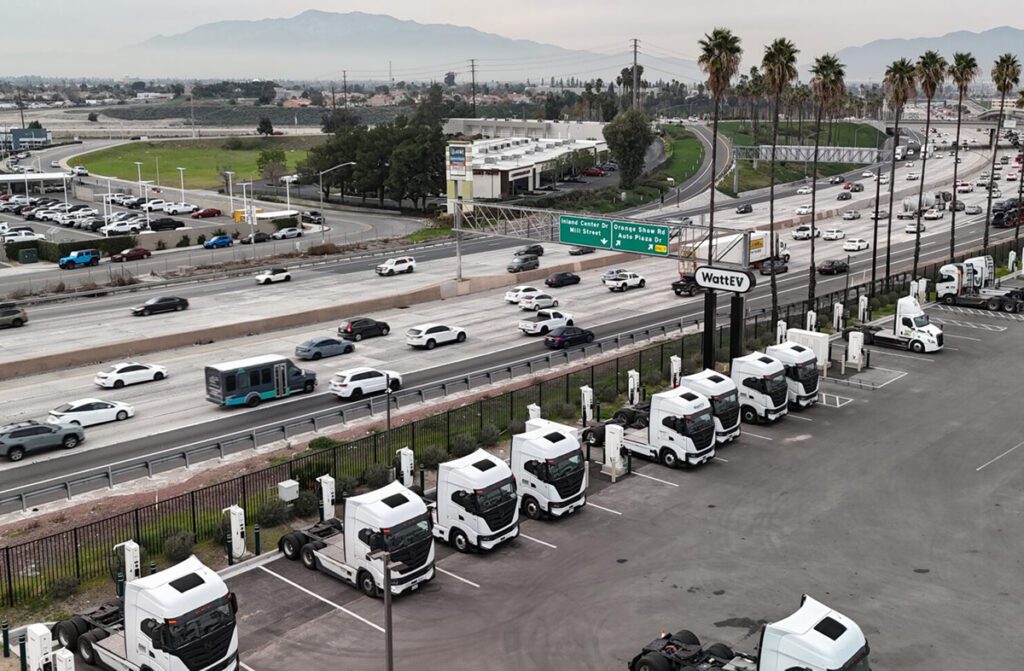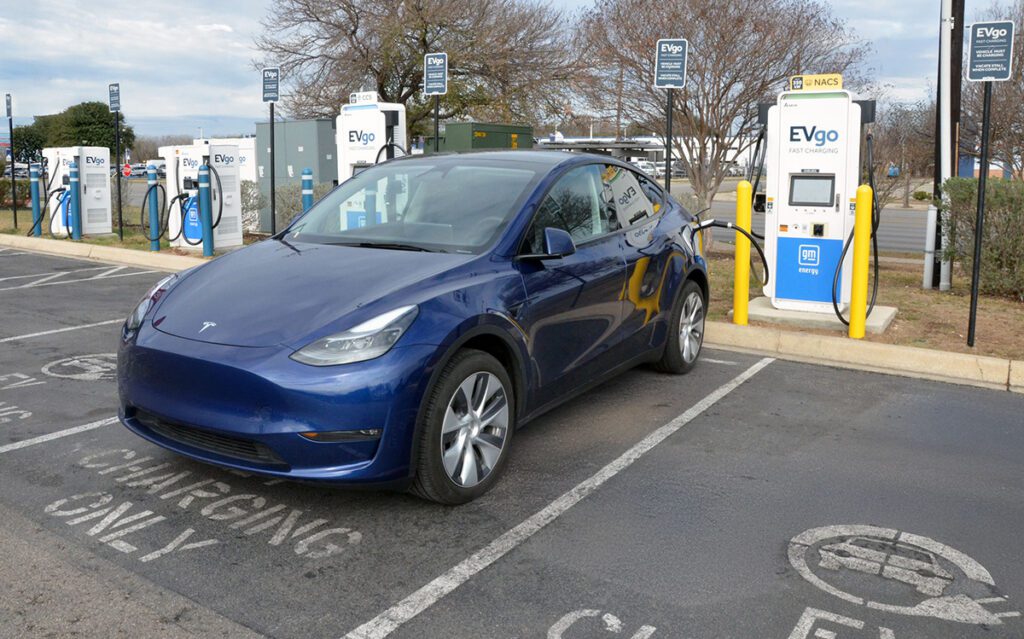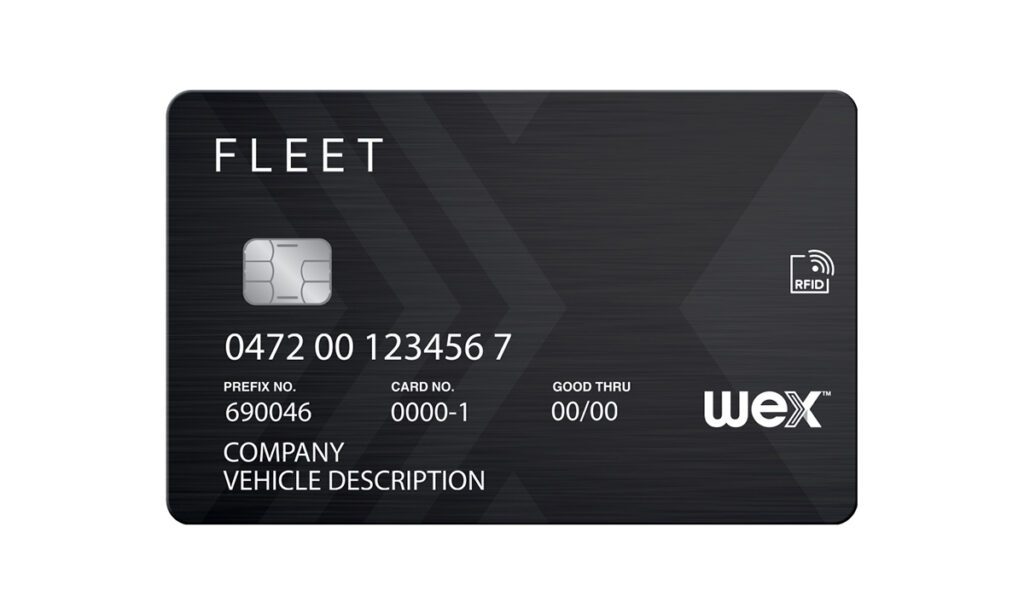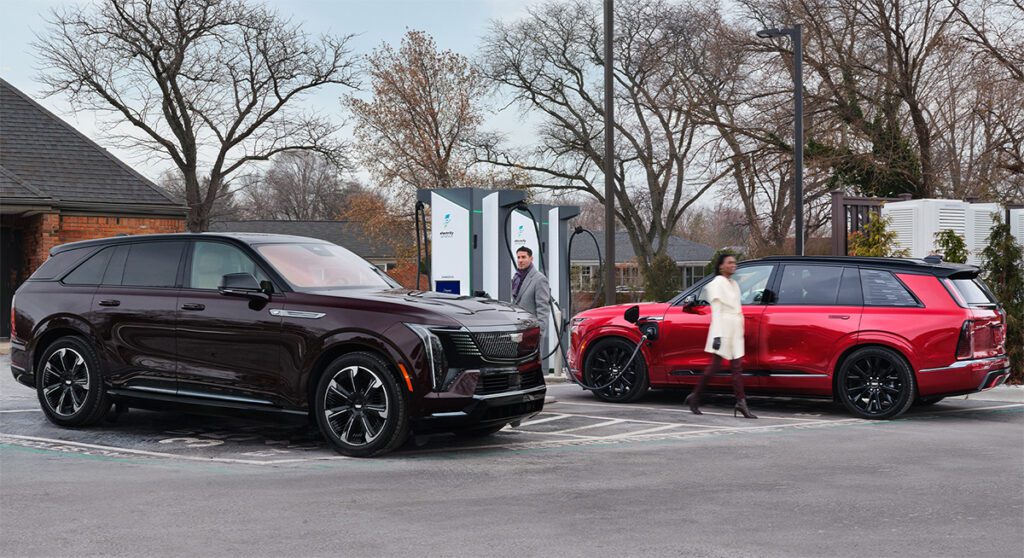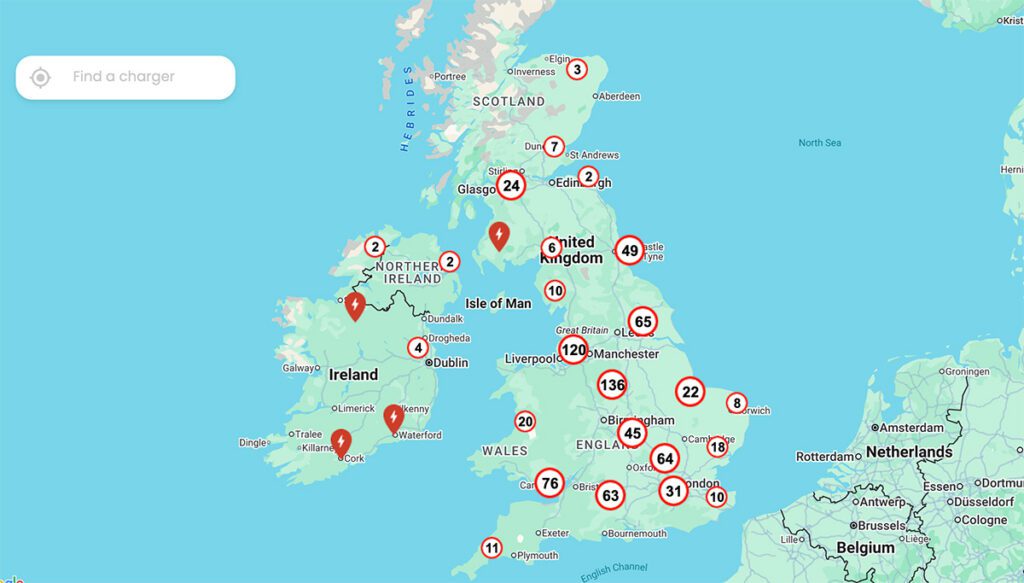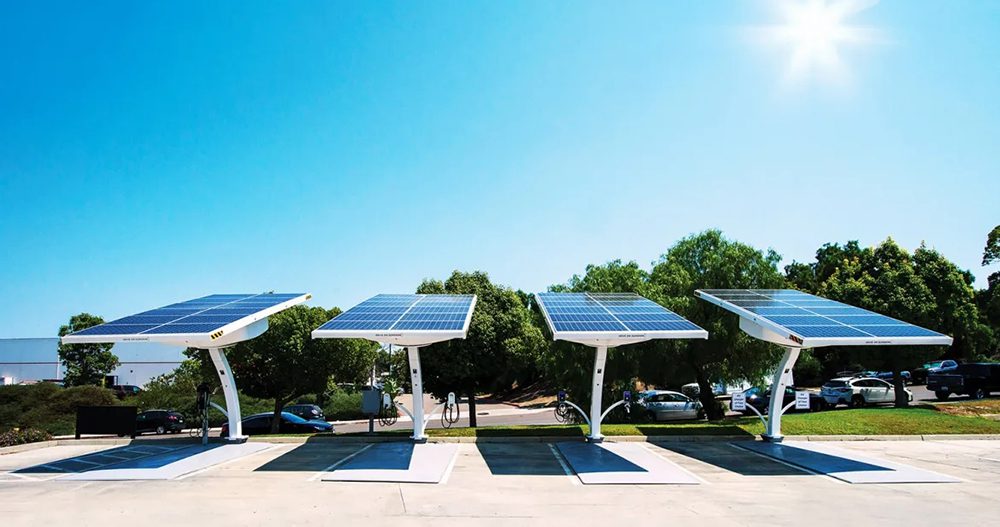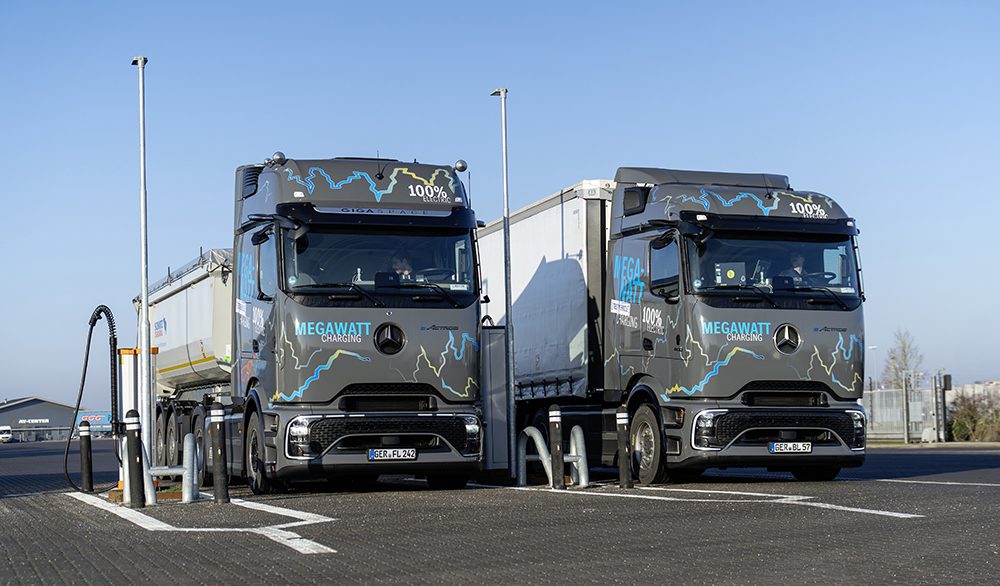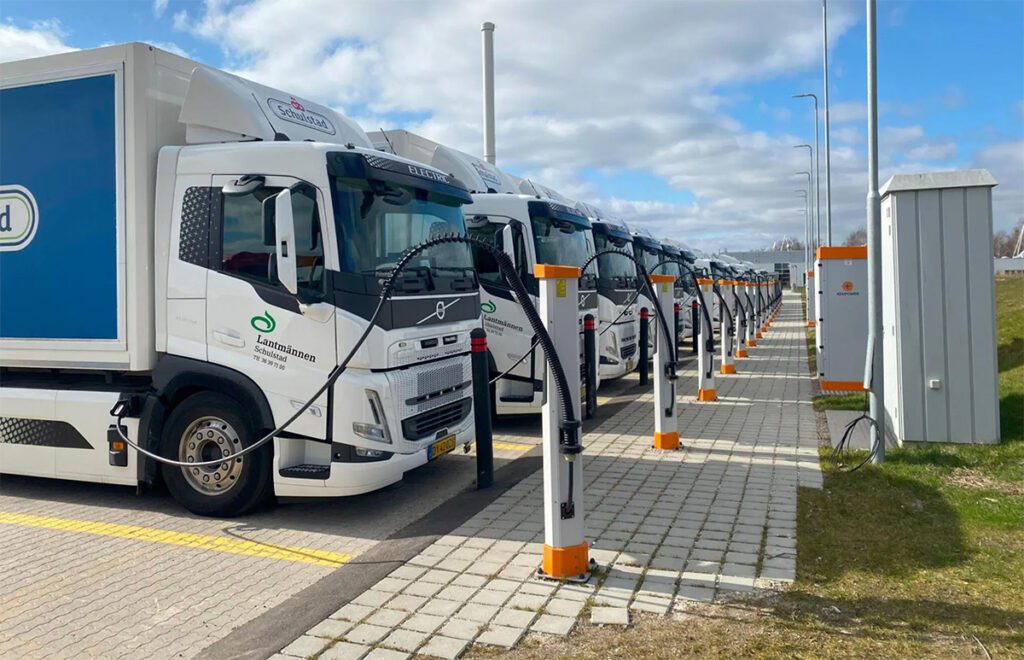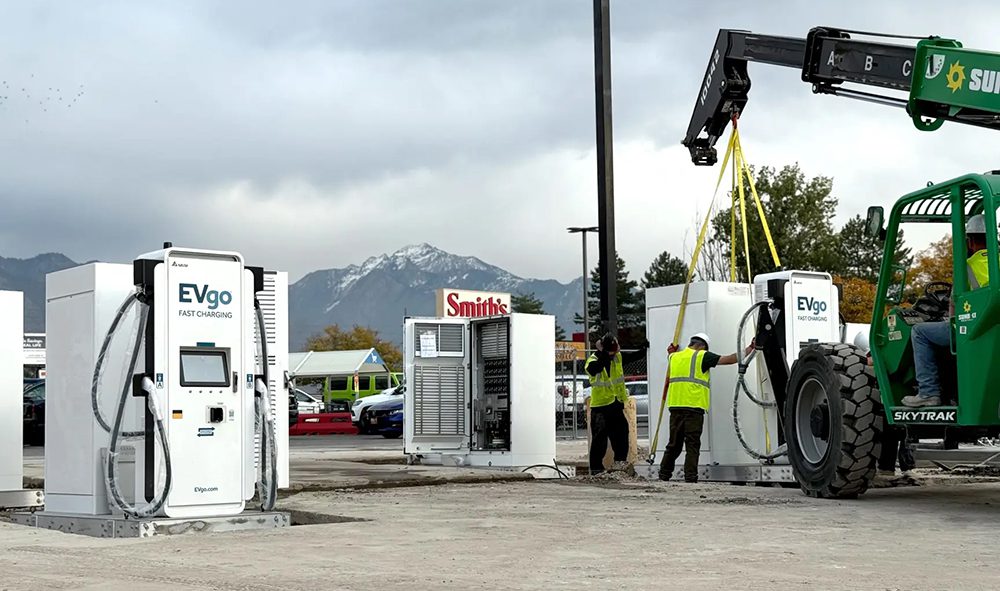Reporting on the charging industry is a tough gig. It’s incredibly nuanced. Every question we ask the experts leads to three more questions. It turns out that when you take hardware, software, networks, protocols and panels, then mix in some public funding, you get endless opinions.
We’ll attempt to clarify two issues in the thick of it: OCPP and Collaboratev. First of all, they’re two completely different topics – the two discussions have little to do with each other.
When talking OCPP and Collaboratev, many terms and concepts get banded together that aren’t necessarily related. Because Charged is a big fan of clarity, we think it’s important that EV industry insiders have a good understanding of the subjects, so here goes.
______
In March 2013, ChargePoint and ECOtality jointly announced a new company, Collaboratev, LLC. Its mission is to allow members of one network access to charging stations operated by other networks – roaming for EVs, as many have called it.
Easy, low-cost access to a charging station is facilitated by a membership in the network that that station is part of. But a member of one particular network does not have that easy access to all charging stations on other networks. To EV drivers, many of whom carry multiple network memberships, Collaboratev could offer a welcome simplification.
However, the announcement has left a lot of unanswered questions about the implementation of what amounts to a roaming agreement, and what it will actually mean for customers.
What we know so far

The American National Standards Institute (ANSI) Electric Vehicles Standards Panel was formed to “foster coordination and collaboration” among EV industry stakeholders. The group has been developing roadmaps and identifying major obstacles to the mass adoption of EVs. In the realm of public charging, they found three big issues: allowing an electric vehicle driver to easily use the infrastructure of charging networks they are not a member of; locating public charging stations and reserving them ahead of time; and offline access control where a driver may be denied access to a charging station.
ANSI identified the National Electrical Manufacturers Association (NEMA) as the correct standards body to solve these problems. So, a NEMA committee was formed, with employees of ChargePoint and ECOtality as chairmen, and those companies are behind the launch of Collaboratev.
The partnership aims to solve the problems identified by the ANSI panel, with a stated goal to “make charging on any network simple and seamless.” Specifically:
- Provide drivers with easy access to stations in participating networks using common authentication credentials.
- Enable all charges to be billed through the driver’s home account independent of which network is used.
- Accurately provide aggregated static and real-time EV charging station location and status.
In an SEC filing by ECOtality, Collaboratev is described as a “joint venture entity” that is 50 percent owned by ChargePoint and ECOtality. If, or when, other charging station networks join Collaboratev, they will buy joint ownership shares.  Each company that joins will do so at the ownership level they are willing to buy, and multiple ownership tiers are expected as Collaboratev grows. As soon as a third company buys into Collaboratev, every member company will have a minority ownership stake.
Each company that joins will do so at the ownership level they are willing to buy, and multiple ownership tiers are expected as Collaboratev grows. As soon as a third company buys into Collaboratev, every member company will have a minority ownership stake.
As a free-standing entity, Collaboratev will have its own CEO, management staff, engineers, etc. The first task is to develop the software and web service hosting infrastructure to implement its core functions.
Collaboratev will play a role in the EV charging business similar to that of the companies that interconnect banks with debit and credit card systems. Examine the back of your card and you’ll see various icons, each of them is associated with a company that operates an interconnection network between banks and the card systems. Those companies are what allow roaming ATM use at kiosks that are operated by various banks.
Collaboratev’s services are functionally equivalent. To aggregate billing to one account, the company will provide payment settlement services among the charging companies. To grant a member of one network access to services on another network, Collaboratev will pass authentication requests back and forth.
What the customer will see
In theory, EV drivers will see little change, except that they’ll have more choice in the charging stations they can use. They will receive new membership cards, because the new system will require a common RFID standard for authentication. The back of the new card will have an icon for Collaboratev.
Currently, fees to use charging stations are set by the station owners (not the network service providers), and this will not change. When a driver uses a charging station that is outside of their network and authenticated through Collaboratev, a surcharge will be tacked on, similar to the ATM fees customers pay at other banks’ ATMs. In the background, Collaboratev will debit the account of the driver’s charging network, and credit the account of the charging station owner. Electric car drivers will not interact directly with Collaboratev, just as ATM card holders do not interact directly with the companies that handle payment settlements for banks.
Presumably, the surcharge will be small enough to discourage drivers from continuing to hold multiple charging network memberships, as many do today. However, the fee structure has yet to be announced.
Privacy considerations
Member identification data is encrypted when that data is sent outside a member’s home network. This is done to limit the spread of identification data, but more importantly because Collaboratev doesn’t have a usage agreement with the members. That means neither Collaboratev nor the other networks in the system have a right to see the actual member data.
To become a member of a network, one clicks through an agreement for terms and conditions and privacy policies. That gives the network the right to know the identity of its members, and their credit card information, but not that of others. If the authentication payload is encrypted, the data can be passed to third parties and carried along with each transaction, without exposing the information. The encrypted data can only be decrypted by the member’s home network.
Station location data feeds for third-party use
Third-party station locating applications, like cell phone apps and in-vehicle navigation systems, get charging station information through various means, including crowdsourcing and government databases. These maps do their best to aggregate data from multiple sources, but the information isn’t always accurate. Also, they usually do not enable advanced features such as reservations for charging stations.
NEMA is defining a new set of protocols that will be required for communication between networks and Collaboratev (different from OCPP, or the proprietary protocols between the charging stations and the networks – those will not change). Among the new standards is a protocol that covers real-time station data for third parties. Collaboratev plans to offer a service that lets these applications access a data feed, ensuring up-to-date information that is as good as the data the network itself has.
International scope
NEMA and ANSI are both US organizations and Collaboratev is an American company, so the scope considered, so far, is service within the USA. However, the same issues (multiple charging networks) exist in other countries. And there’s a question of traveling internationally – either driving one’s own car or renting an electric car at a destination.
Collaboratev is likely to expand to other countries, but its first order of business is to prove itself in North America. There’s also the question of whether charging station networks in other countries will adopt the inter-network protocols defined by an American standards organization, NEMA.
Skeptics
The concept of Collaboratev has its share of skeptics. Because it’s predominantly controlled by two companies, there is concern that it could create an artificial price floor. Public charging has a very elastic price point, and some argue that anything other than a very small roaming fee could discourage use.
Some challenge the architecture of a single clearing-house system. Others argue that the clearing house should not be controlled by a private for-profit business, but rather by a mission-based non-profit entity.
 Also, the joint venture will likely receive public funding to aid development. And because ChargePoint and ECOtality are spearheading the launch, that idea drives some people crazy.
Also, the joint venture will likely receive public funding to aid development. And because ChargePoint and ECOtality are spearheading the launch, that idea drives some people crazy.
Supporters of Collaboratev say it will help to spur competition in the marketplace, because customers of new networks will be able to use thousands of other charging stations as start-ups build out their infrastructure. Skeptics argue that the cost to buy into Collaboratev could be viewed as a barrier to entry for a fledgling network.
For the most part, the skeptics’ concerns seem centered around uncertainty, which will only be quenched, or fueled, as more details are agreed upon and announced. NEMA’s timeline for developing the protocols extends until the end of 2013. According to the March 2013 press release announcing Collaboratev, the company will be connecting with ChargePoint and ECOtality, at least, by the end of 2013.
OCPP: There’s definitely confusion, but is there controversy? >
This article originally appeared in Charged Issue 8 – JUN 2013






